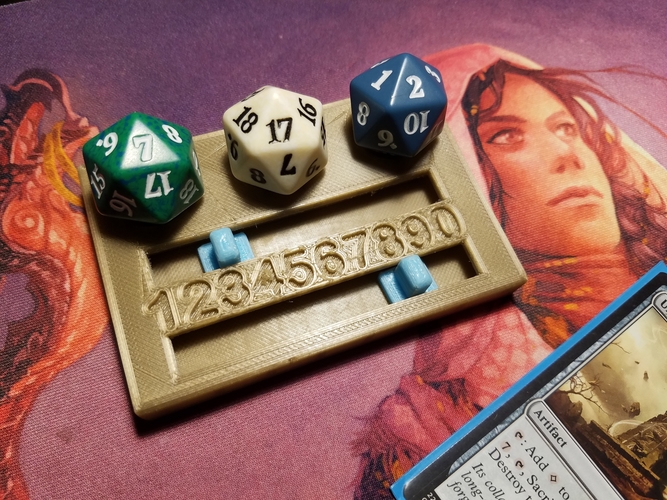
I have sympathy with all of these arguments. Some people even argue it shouldn't be tracked outside matches with Voltron decks

I would explain to the rest of the playgroup that it is very heavy on counterspells and card draw limiters like Narset, Parter of Veils, but is lighter on blocking creatures and doesn't often win through combat. This isn't a formal part of the game but is highly encouraged by the community to help gauge which decks people are playing, how powerful they are, and what sort of play experience the table wants.įor example, say I was hoping to play with my favourite deck, based on Kwain, Itinerant Meddler. The social contract of a game, and any proposed rule zero changes, are discussed in a "rule zero discussion". All cards removed from the game due to being offensive.Out of the more than 20,000 cards in Magic, there are only a few that are outright banned. According to Sheldon Menery, one of the founders of the format, cards tend to be banned if they can too easily do one of several different things, such as: causing severe imbalances in resources, allowing unexpected and sudden wins, can lock other players out of a game, can contribute to a 'power creep' where players feel they have to run answers to that specific card, can be difficult to interact with, work against the multiplayer nature of Commander, or become too repetitive in how they play. However, some cards are banned in Commander. While this doesn't technically put a limit on how many times your Commander can die, it does mean you can't be too reckless with them. Dina, Soul Steeper costs one black and one green the first time it is played, then two generic, a black, and a green, then the third time it will be four generic, and so on. Any time after that, you pay an additional two generic mana for each time you've played it from the Command Zone. The first time you cast your Commander from the Command zone, you just pay its usual mana cost. The catch to this, though, is the Command tax. If your Commander leaves the battlefield for any reason – it's killed, exiled, bounced to your hand, or shuffled into your deck – you can elect to instead put it back into the Command zone – other than a few edge cases like a Drannith Magistrate or Darksteel Mutation, your Commander will always be available to you.

Commanders can always be cast straight out of the Command zone, and don't need to be put into your hand or drawn beforehand. Before the game begins, your Commander (or Commanders) is removed from your deck and placed in a place called the Command Zone. Commanders aren't a part of your deck in the same way your other cards are.


 0 kommentar(er)
0 kommentar(er)
